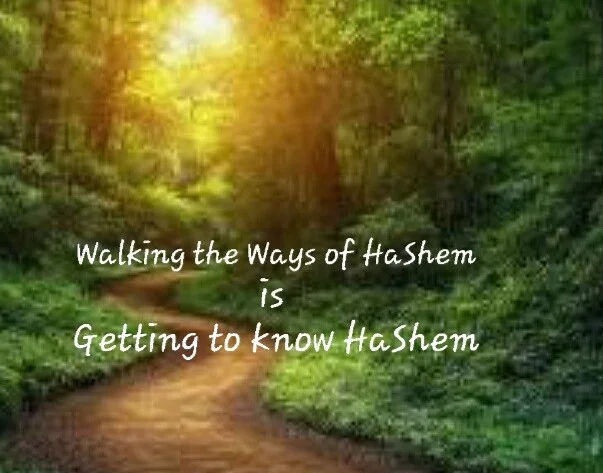Shabbat Tetzaveh
- WireNews

- Feb 10, 2022
- 3 min read
Exodus 27: 20-30:10 - Who needs Priests?
by Rabbi Jeremy Rosen

The Torah goes into intricate detail in the Books of Exodus and Leviticus about the priests, their role in the Tabernacle ceremonials, their benefits and tithes, and their special rules of behavior. This week, the Torah talks about the Priests’ clothes and oracles.
All Ancient and Near Eastern priests and indeed priests around the world were a powerful and integral part of the ruling classes. This was why Joseph when he was buying up the land of Egypt for Pharaoh in preparation for a great famine, dared not touch the lands of the priesthood. All priests wore special clothes. In Mesopotamia, they wore fringes and tassels to differentiate them from other members of the upper class. This is possibly where the idea of Tsitsit came from originally but was adapted to show that everyone in the Israelite community had the status of a priest in the eyes of God and should behave accordingly.
The undergarment was the meil, the coat and on it was the ephod and on the ephod was the breastplate the Choshen Mishpast, with twelve precious stones for the twelve tribes that would light up to convey the will of God. Like many other ancient oracles that were used to divine the will of the gods. The Choshen Mishpat disappeared during the First Temple era, as did the Ark, and never appeared again.
The priests were supposed to be responsible for teaching the Torah to the masses and the standard-bearers of the Torah. But time and again throughout the Biblical period they betrayed their mission and for much of the time, they were a greedy aristocracy more interested in their privileges than their obligations. During the Second Temple, they were so corrupt that the rival clans of priests fought with each other for the title and either murdered or bribed their way to power. So that when the Second Temple was destroyed no one was sad to see them deprived of their titles, status, and benefits.
Christianity borrowed the idea of priests from the Bible and turned the position into the one that exists today in the Church. They wanted to draw a line between the Old and New Testaments. Yet they based the ceremonial dress that priests wear today on the text of the Torah we read this week. For them, sacrifices ended with the death of their founder. However, Judaism remained faithful to the old system and prayed that one day it would be restored. But why would we want this if historically they did such a bad job? Was it just nostalgia and objection to reform?
You might think, as did Maimonides, that the sacrificial system and all that went with it was simply a stage in the development of the Jewish monotheistic religion. And from being a sanctuary-based religion we have moved on to one based on scholarship and meritocracy instead of heredity. Yet today we are divided between those who pray for the restoration of the Temple and the priesthood and those who think that we should rather focus on praying for a better, safer, and kinder world where we will all behave according to the highest moral standards rather than the lowest.
There are two ways of looking at the Torah this week. We can either see it as a program that aims at progress or as a relic of the past. Whichever, we should read the text to see what moral and ethical messages we can learn from this ancient source even as we hope for a better future.
Shabbat Shalom
Jeremy
###
Jeremy Rosen was born in Manchester, England, the eldest son of Rabbi Kopul Rosen and Bella Rosen. Rosen's thinking was strongly influenced by his father, who rejected fundamentalist and obscurantist approaches in favour of being open to the best the secular world has to offer while remaining committed to religious life. He was first educated at Carmel College, the school his father had founded based on this philosophical orientation. At his father's direction, Rosen also studied at Be'er Yaakov Yeshiva in Israel (1957–1958 and 1960). He then went on to Merkaz Harav Kook (1961), and Mir Yeshiva (1965–1968) in Jerusalem, where he received semicha from Rabbi Chaim Leib Shmuelevitz in addition to Rabbi Dovid Povarsky of Ponevezh and Rabbi Moshe Shmuel Shapiro of Yeshivat Be'er Ya'akov. In between Rosen attended Cambridge University (1962–1965), graduating with a degree in Moral Sciences.








